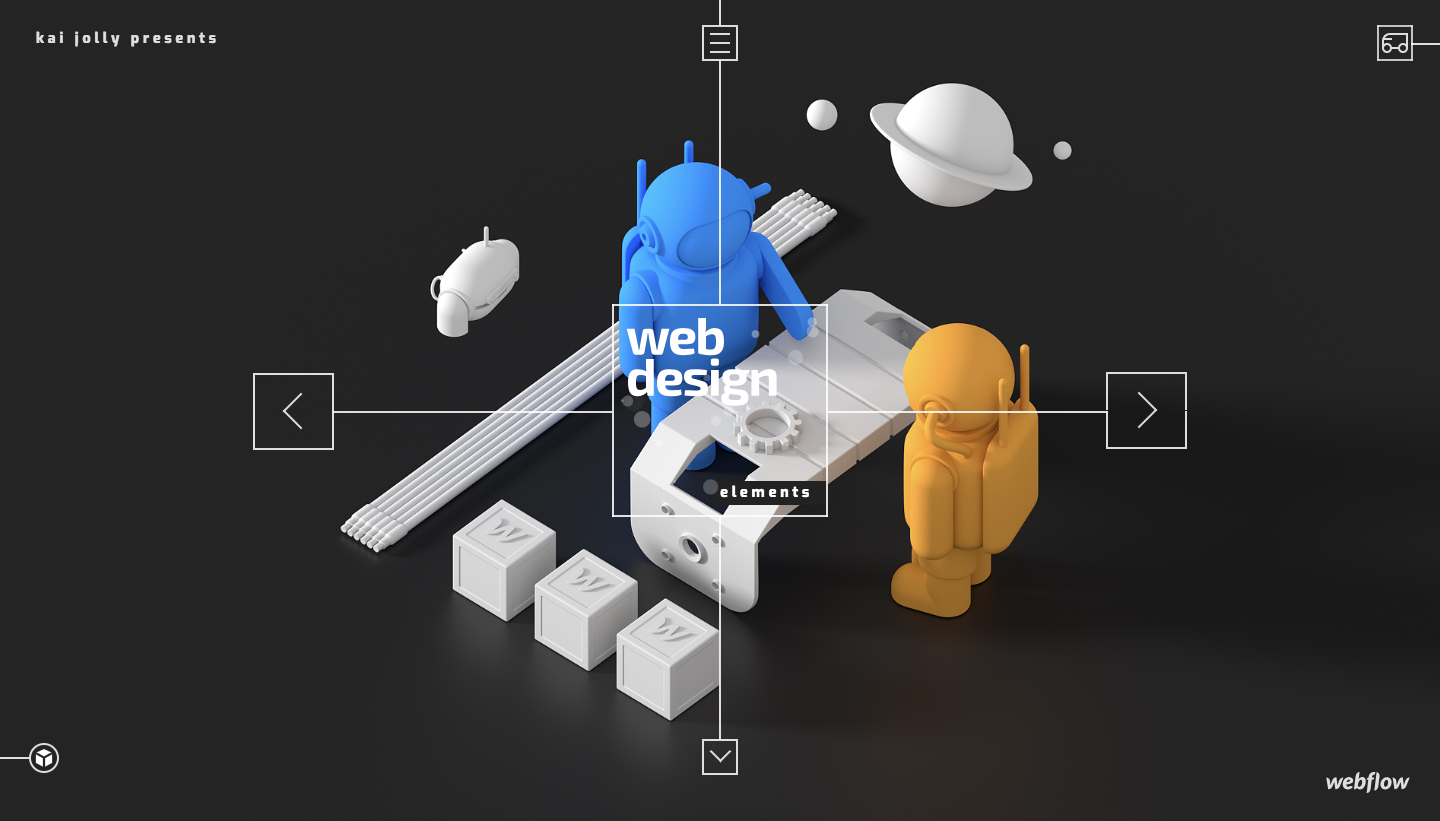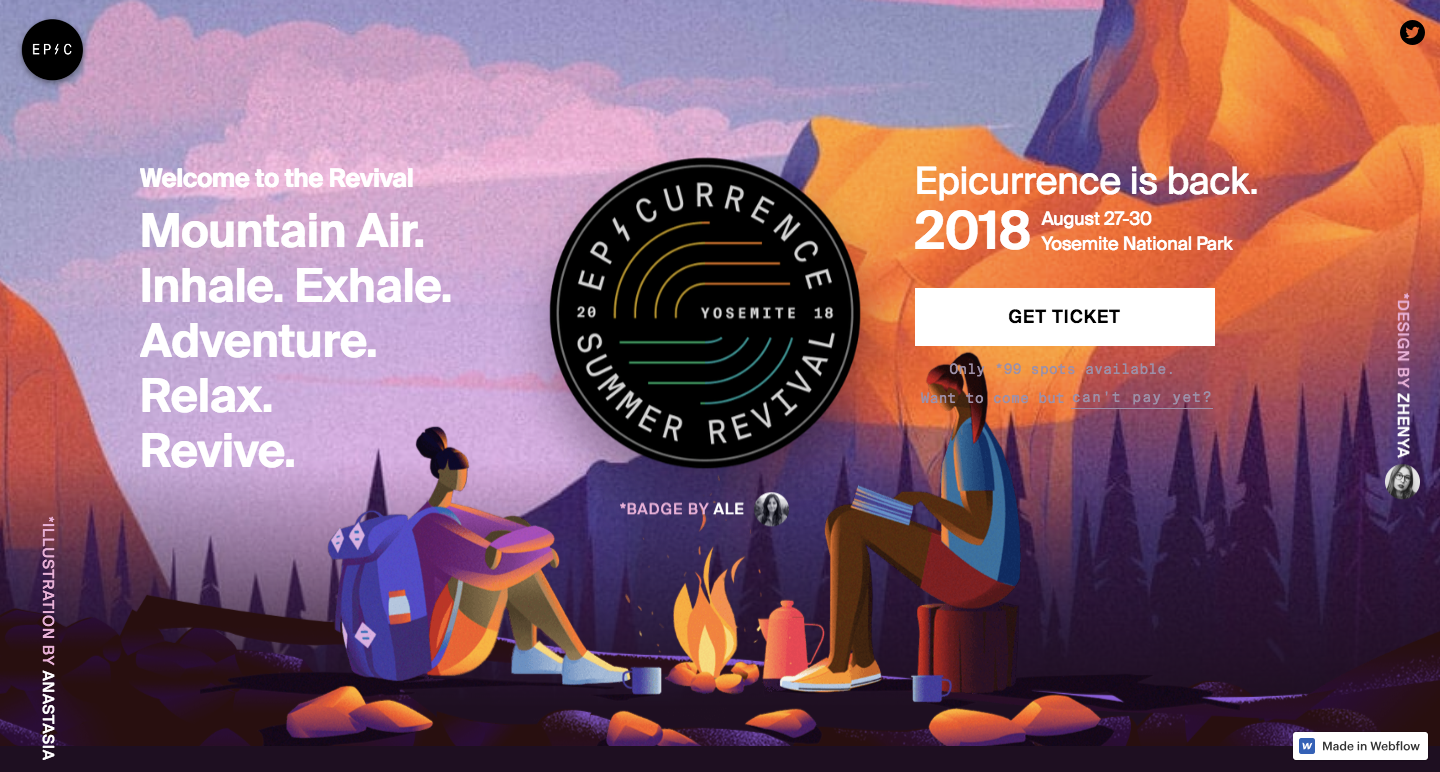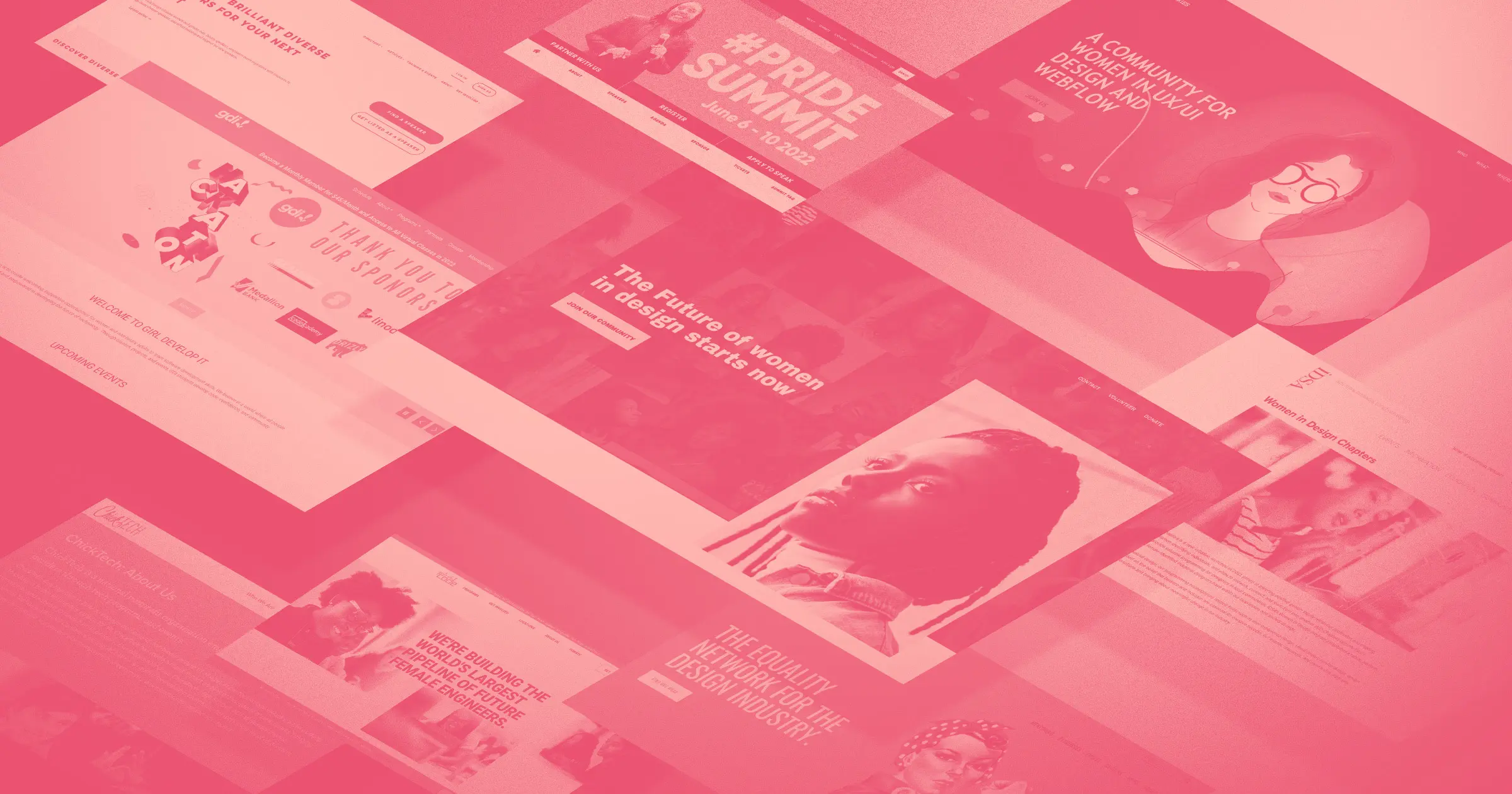Whether you’re self-taught or have a formal education, a web design mentor can help you grow. Someone active in the field can teach you to ignore the noise and keep up with truly important trends. They can be a source of constructive criticism and pep talks that keep you moving forward. But finding the right mentor can be tricky — here are nine things to keep in mind while you search.
1. Know why you want a mentor
Without a clear vision for what you’d like to accomplish with a mentor, you’ll waste time and money wandering aimlessly. Defining your focus will help you find someone whose skills and knowledge are a good match.
Maybe you’re after a short-term arrangement to tighten your portfolio. Or maybe you’re looking for something ongoing to learn how to tweak designs based on analytics. Nailing down your why ahead of time will make it easier for you and a potential mentor to assess the fit.
2. Know the difference between a mentor and a teacher
Let's face it — we're all busy. A mentor likely won’t have the bandwidth to teach you the fundamentals of web design. That's what classes, online tutorials, and books are for.
A mentor can look at your work and say what is and isn’t working. So if you are in still in the learning stages of web design and don’t have much experience, even a few school projects should be enough for you to assess where you’re at and make a plan to improve.
3. Like your mentor’s work

Find a mentor whose work stands out.
Maybe you’ve worked with this person. Maybe you’ve been anonymously admiring their projects on Behance or Dribbble for months. Either way — you’re inspired. They create the type of work you’d love to be capable of someday.
A mentor should want to bring value. So your enthusiasm for their work will likely make them excited to share what they know with someone who appreciates their skills and time.
4. Value your time and theirs
Does your mentor continually reschedule or cancel your appointments? They may have the best of intentions, but possibly overextended themselves and said yes to too many things. Find a dependable, consistent mentor who respects your schedule and their own.
And make sure you’re not a flake — show up when you say you will. And always be ready with something you want to talk about or work on.



















The missing guide to the freelance designer's life is here
Learn everything you need to know about making the leap to freelancing, from how to find clients to how to price your services.
5. Ask for critical feedback
Client feedback is valuable, but tends to focus on performance. Clients are concerned with how your design will increase sales and brand awareness. They won’t necessarily care or understand how your navigation bar works across platforms.
An experienced web designer can offer constructive criticism that improves the technical side of your craft. They should also be able to point out what you’re doing right. Having a balance will help you maintain your self-esteem while you work toward producing your best design work.
6. Extend your network
The right mentor — one who’s connected with companies and web designers in the industry — can open doors for your career and create new opportunities. They might be the first to find out when that well-known agency is looking for help.
If you’ve proven your design skills and are easy to work with, maybe you’ll come to mind and get a recommendation when jobs or work come their way.
7. Make it (mostly) about you
How many of us have been on first dates where the other person talked about themselves the entire time? There’s a reason we didn’t ask them out again. Being on the other side of a one-sided conversation just plain sucks.
You absolutely want to learn about your mentor’s work — but it shouldn’t be the only topic of conversation. Choose a mentor who ask questions and listens. One who makes you and improving your work the focus of your time together.
You shouldn’t need to endure neverending stories about that one time your mentor stood in line behind Chip Kidd at Starbucks.
8. Choose a mentor with freelancing experience
Being a full-time freelancer isn’t easy.
Many of us have had to learn how to find work, manage our time, and be organized all on our own. Working with a mentor who has experience as a full-time freelancer is an invaluable resource to your own success.
This is another opportunity to find work. If your mentor is busy with clients — and if you’ve proven yourself capable — they might send a project or two your way.
9. Choose a mentor who’s active in the design world

Online videos and books are invaluable, but they’re not always on top of what’s current in web design. A mentor who’s an active web designer should have a deep understanding of best practices and client expectations.
Your mentor’s real-world experiences will help prepare you as you find your own footing in the design world.
Resources to find a web design mentor
If you’re searching for a mentor, here are some places to start looking:
- AIGA offers mentorship programs for a range of skills levels. Whether you’re in high school or a seasoned veteran, their extensive network of programs stretches across the United States.
- Designlab offers both online classes and mentorships. They have a nice roster of mentors that includes background information and projects they’ve worked on. And if you’re ready, you can even sign up to be a mentor.
- IxDA is a global interaction design community with worldwide events. They host more structured meetups that let you connect with your design community.
- Webflow Facebook Group is a excellent place to ask questions and share your experiences. Mentors can most definitely help you become a better designer, but don’t forget the greater group mind of the design community.
Keep an eye on meetups and calendars of coworking spaces in your area for design-focused talks or events. And sometimes the best place to find a mentor can be right where you work!
Mentors offer guidance you may not know you need
Maybe you’re already doing great work and have more projects than you can handle. That makes it especially easy to get stop seeking growth. Why switch things up if they’re working?
Because complacency can easily become stagnation. As you bang out project after project, the potential for burn out is high. A mentor can take you out of a creative bubble. They can inspire and push your work in new and exciting directions.
Now go — find ye a web design mentor!








.jpeg)























